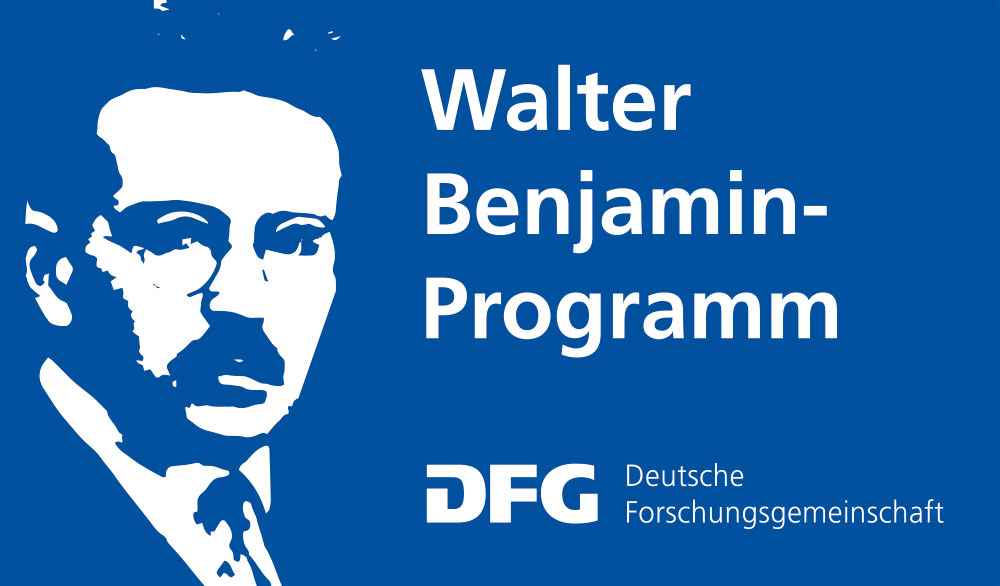Pulmonary arterial hypertension is a devastating disease that involves cellular remodelling of blood vessels. Changes in the pulmonary blood vessels have been linked to inflammatory signalling induced by exposure to air pollutants, especially fine particulate matter (PM2.5) which deposits in the deep regions of the lungs, the alveoli. However, the molecular mediators released from the alveoli that contribute to pulmonary arterial remodelling remain largely unknown. Despite the striving to reduce animal (in vivo) trials, alternative (in vitro) methods for the identification of such molecular mediators are still scarce. The aims of this project are: 1) to identify PM2.5-induced molecules that mediate pulmonary arterial hypertension; 2) to establish a cell culture-based in vitro method using primary human alveolar model and a pulmonary artery-on-a-chip which can aid the identification of these molecular mediators; 3) to identify molecular mediators connecting PM2.5 exposed alveolar cells and pulmonary arterial cells, in vitro and in vivo; 4) to design intervention studies to inhibit the effects of PM2.5. With this project we expect to be able to set up an in vitro model to mimic the indirect effects of PM2.5 on the pulmonary artery helping to reduce animal trials and to identify potential drug targets a implicated in air pollution-induced pulmonary arterial hypertension.
Walter Benjamin-Programm Fellowship funded by Deutsche Forschungsgemeinschaft (DFG, German Research Foundation) – 555525825
Beneficiary: Gerrit Bredeck; Supervisor: Eduardo Oliver (2025-2027)


